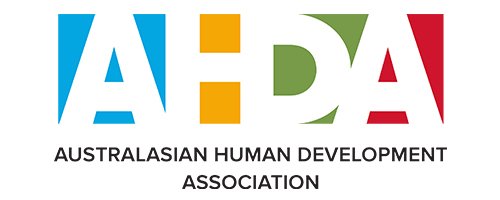
Opportunities
Apr
30
Member-Initiated Symposia & Satellite Events
We invite proposals for member-initiated symposia (90-minute sessions), as well as workshops and other satellite events, including hackathons. This is an excellent opportunity to showcase emerging ideas, foster collaboration, and shape the conference program.
The general abstract submission portal is also open, with rolling acceptance until 30 April.
Submission links, along with details about our keynote speakers and full conference information, are available on the conference website:
https://visualneuroscience.auckland.ac.nz/epc-apcv-2026/
